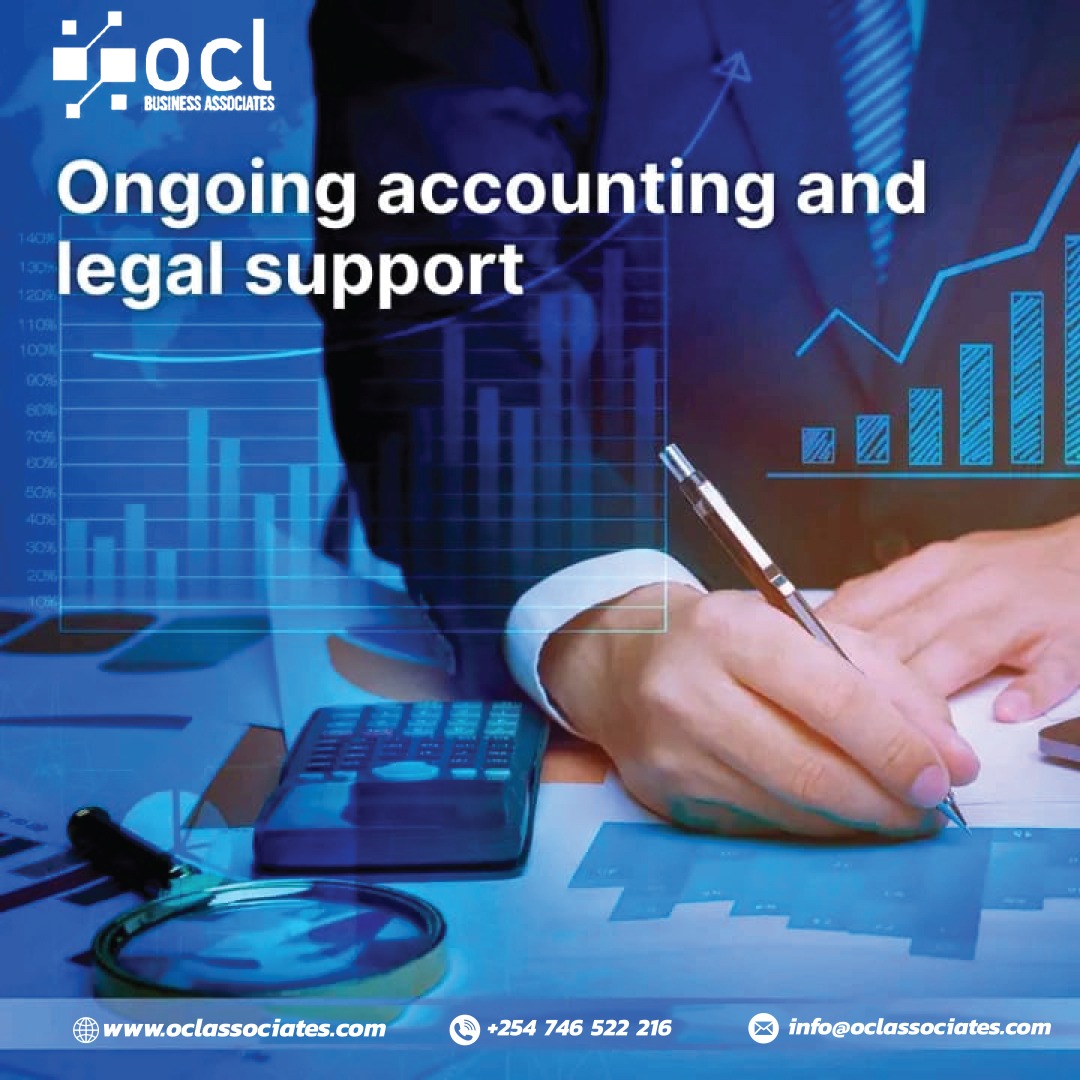Liquidation in simple language is simply closing down/ killing off or winding up a business. In legal speak, liquidation involves the process of collecting all the business’s property, converting that property into cash, and distributing the cash to various creditors. Liquidation of businesses can occur in one of two ways, one can legally close down a business. The other option is striking off.
Winding-up is the process of dissolving a company. It is, in fact, a formal procedure in which management of its affairs is taken out of the director’s hands and the assets are liquidated. The proceeds from the sale of the assets are used to repay creditors and what remains is distributed to the shareholders in accordance with their rights or otherwise. A company can also wound up when it is solvent.
While both de-registration and dissolution have the same effect of terminating the legal existence of a company, theoretically speaking, the consequences are different. When a company has dissolved, the liability of the directors, members, and officers cease to exist as opposed to de-registration where such liability does not cease to exist. The effect of dissolving a company is that property that was not distributed before the dissolution took place, vests in the state with effect from the dissolution date. The Attorney General may, however, discharge such property by issuing a notice of disclaimer of ownership of the property.
A company registered in Kenya can be struck off the registry of companies in accordance with the Companies Act, 2015 (the Act). This process is applicable to dormant companies, shelf companies and special purpose vehicles whose existence is no longer necessary. The striking off process enables a company to cease existing and therefore avoid future legal and regulatory compliance that may be subject to penalties and fines if not attended to.
contact ocl business associates for company dissolution in Kenya.

Company legal compliance in Kenya
